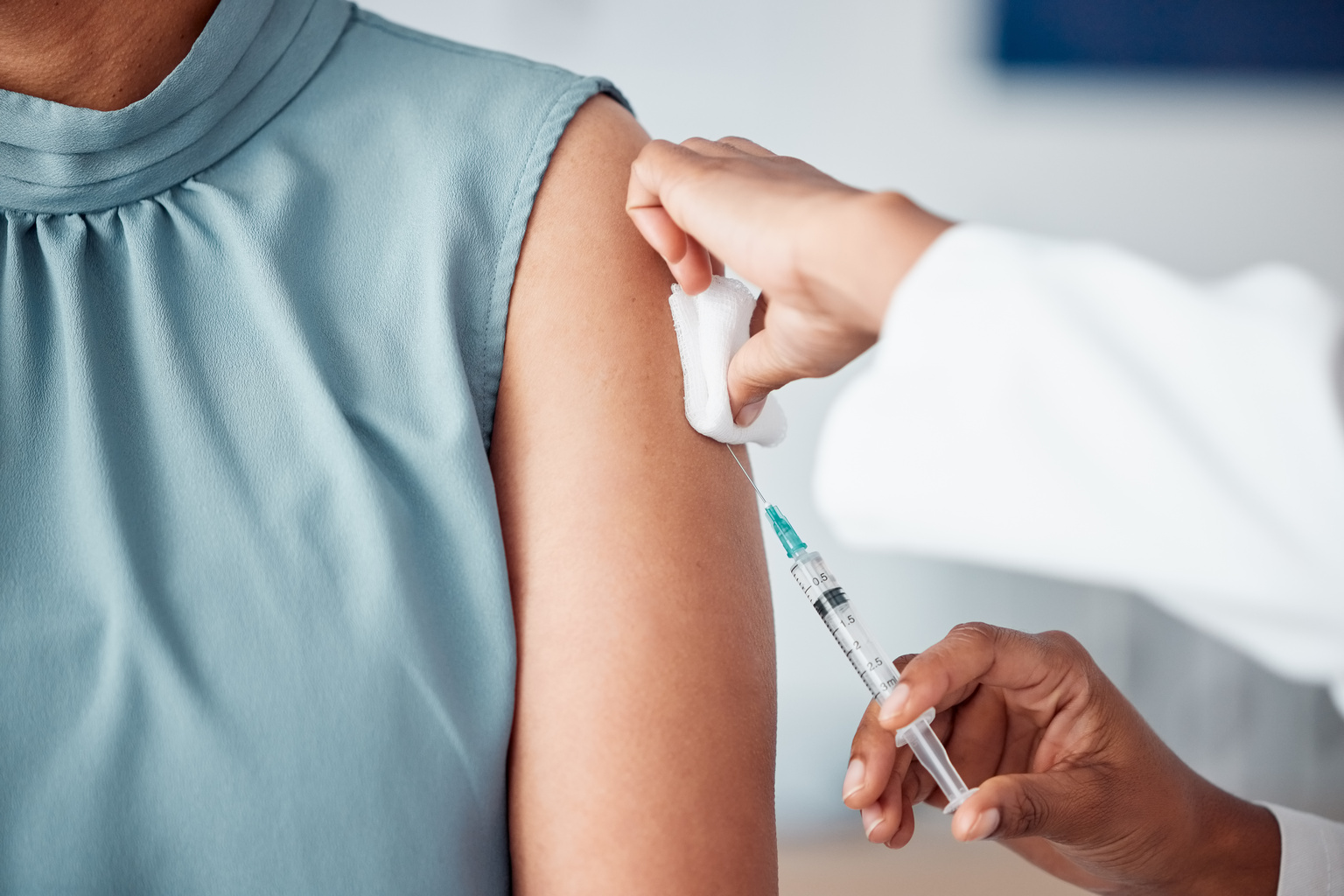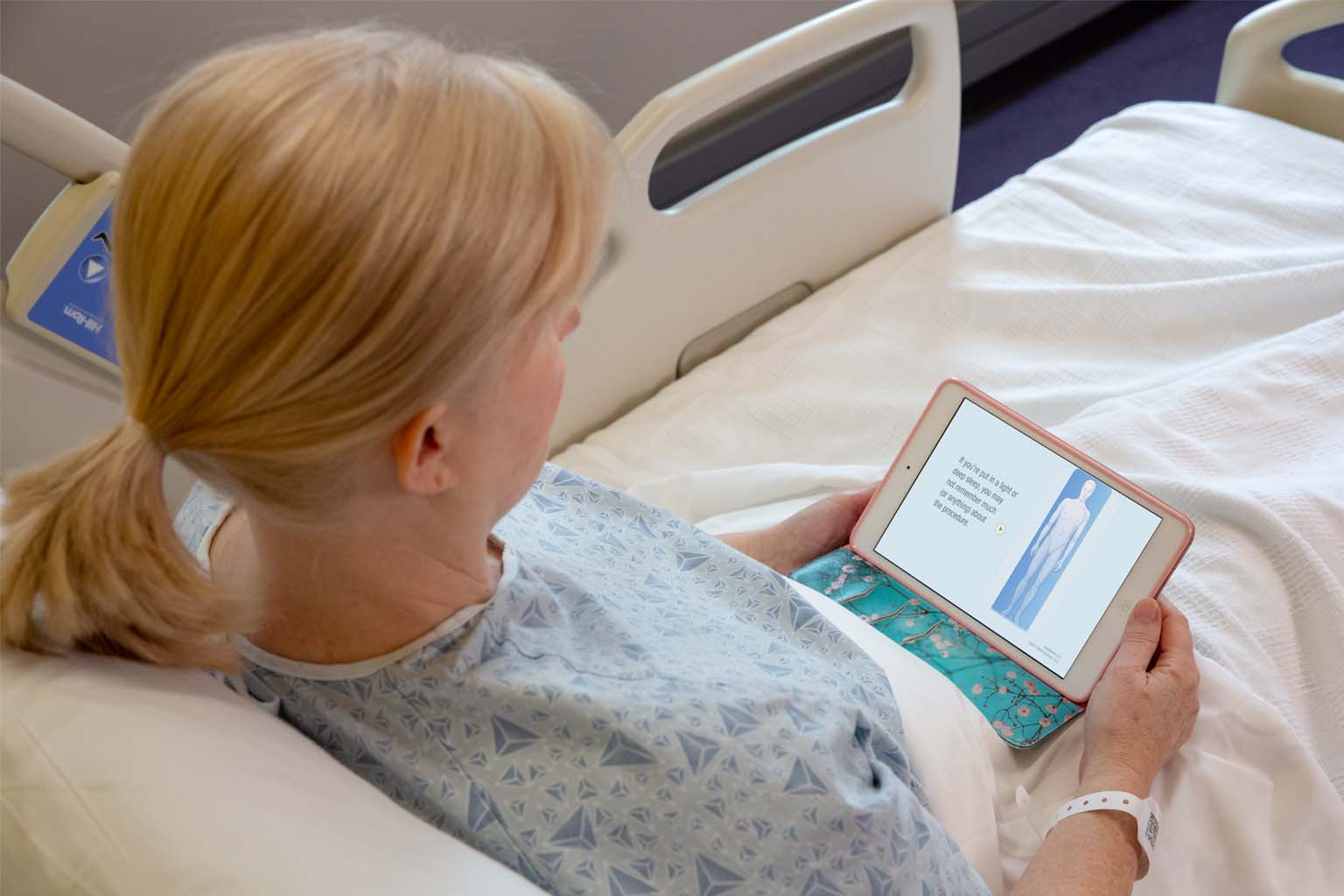To achieve regional and national goals for number of people vaccinated against COVID-19, healthcare providers need to combat vaccine hesitancy by addressing biases, answering questions, and presenting clear, easy-to-understand information about the vaccines.
The primary goal of any immunization effort is to protect communities from life-threatening diseases. One of the largest impediments to achieving that is a reluctance to get vaccinated.
Vaccine hesitancy stems from a number of reasons – institutional racism, historical medical mistreatment, the spread of misinformation and myths. Healthcare providers and institutions have an important role to play in addressing these fears and apprehensions by approaching patients with understanding and clarity. Keep these simple tips in mind.
Present clear information about COVID vaccines
Surveys from the Kaiser Family Foundation reveal that for many unsure if they will get the COVID-19 vaccine, their number one priority is more data. Preparing patients thus means delivering clear and easy-to-understand information.
In Emmi® content, we break down the complexity of the vaccines into small, bite-sized pieces in plain language and at a fourth-grade reading level. It’s one of the many design considerations we take to make the information inclusive and digestible.
The order in which you present the information is just as important. For example, we chose to lead with the fact that the COVID-19 vaccine will not give you the disease. If there were to be a key takeaway, we felt this was the one.
From there, we answer common questions about vaccine safety and efficacy, such as:
- What are clinical trials?
- Who was involved in those trials?
- What are antibodies?
- What about side effects?
- What is herd immunity?
Clearly answering these types of questions can help cut through the noise of mass media and ease your patient’s mind about the safety and efficacy of the vaccine.
Check in with patients after vaccination
An open line of dialog after the patient receives the vaccine will prove to be vital should they experience serious side effects. It can help ease concerns over symptoms and navigating their road to recover. But it can be important even if they don’t. Checking in with patients a few days and then a few weeks after will help maintain a sense of trust in the medical process and set expectations about how to protect themselves and others after being vaccinated.





